society
OGUN CATHOLIC PROTESTS KILLINGS OF MEMBERS _By Michael-Azeez Ogunsiji, Abeokuta
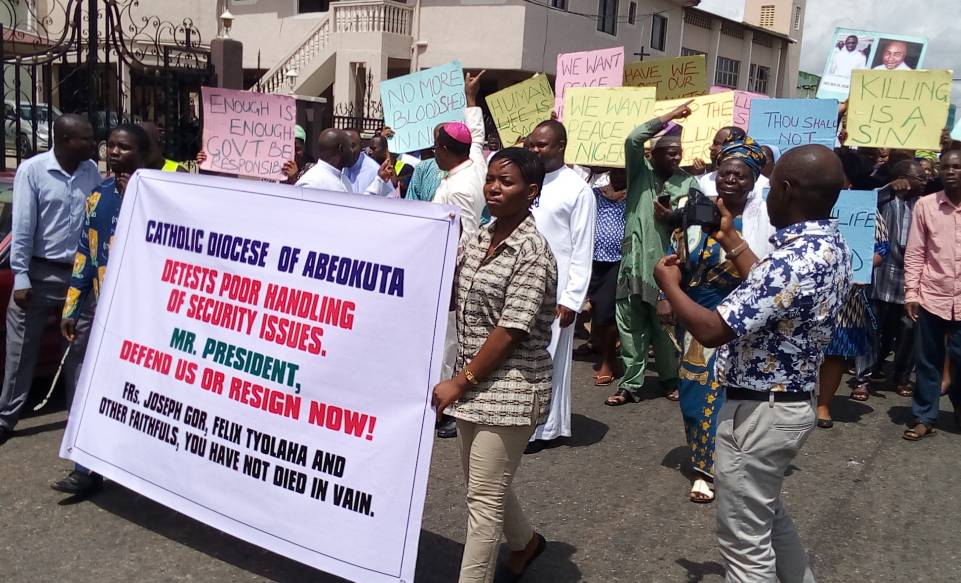
Catholic members in Abeokuta yesterday joined their counterparts across the country to protest the killings of two Catholic priests and some Parishioners by herdsmen in Benue state and insecurity in the country.
The placard carrying protesters who converged at St. Anne Catholic Church, Ibara, Abeokuta, the Ogun state capital to observed a mass rally around Abeokuta metropolis calling on Federal Government to stop the incessant killings in the country.
The protesters who stormed the streets of Abeokuta with various placards such as: “President Buhari stop this killings or resign, “Human live is Sacred, “Killing is a sin, “Have we lost our human value, “We want Peace in Nigeria ” among others.
Speaking with Journalists shortly after the protest, the Catholic Bishop of Abeokuta Diocese, Most Rev. Peter Odetoyinbo stated that, the protest was organized to commiserate with families of the deceased priests killed during the Benue attack.
Rev. Odetoyinbo also called on President Muhammadu Buhari to put an end to the killings, saying as Chief Security Officer of the country, he must ensure the safety of all Nigerians.
According to him, “the president should stop the killings of Nigerians by the herdsmen as the father of the nation. If the father of the house cannot protect his children, he should leave the house.”
Rev. Odetoyinbo explained that ” we are here to protest the killings and insecurity in the country; more importantly to mourn the killing of two of our priests and 15 parishioners in Makurdi Diocese of Benue State as they are being buried today in solidarity with Catholic faithfuls all over Nigeria.
“All we are saying with this protest is that the federal government should save us and stop this killings. Human lives is very sacred wheather you are a Muslim or Christians, it doesn’t really matter.
“We need peace in the country, The President is our father and the head of the house and should therefore live up to the expectations of ensuring that everybody is safe in the country, this is our message with this peaceful protest”.
society
SENATOR ADEOLA YAYI REGISTERS 4000 JAMB CANDIDATES
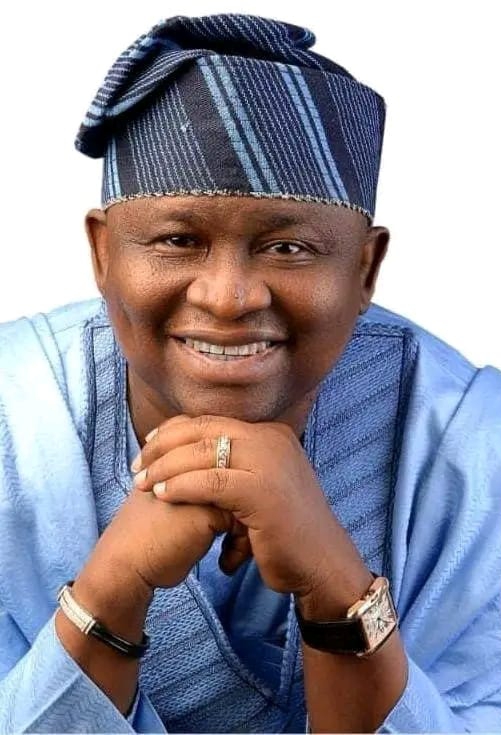
SENATOR ADEOLA YAYI REGISTERS 4000 JAMB CANDIDATES
In continuation of his educational support initiatives and following established tradition, Senator Solomon Adeola (APC,Ogun West) has successfully paid for and enrolled 4000 indigent students for the 2026 Joint Admission Matriculation Board(JAMB) examination.
According to a release e-signed and made available to members of the League of Yewa-Awori Media Practitioners (LOYAMP) by High Chief Kayode Odunaro, Media Adviser to Senator Adeola and shared with (your mediu), the programme financed by the senator under the “SEN YAYI FREE JAMB 2026” ended on Saturday , February 21, 2026, with a total of 4000 candidates successfully enrolled with their PINs provided.
Commenting on the success of the programme, Senator Adeola said the programme is another leg of his personal educational empowerment for indigent but brilliant citizens preparatory to his scholarship and bursary facilitation for tertiary education institutions’ students.
“As far as I can help it, none of our children will miss educational opportunities arising out of adverse economic predicament of their parents or guardians”, he stated.
Successful candidates cut across all the three senatorial districts of Ogun State with 2183 coming from Ogun West, 1358 coming from Ogun Central and 418 from Ogun East.
Some of the candidates that applied and are yet to get their PINs due wrong information supplied in their profiles and being underage as discovered by JAMB and other reasons are being further assisted to see the possibility of getting their PINs.
The Free JAMB programme of the Senator that has been running for years is well received by appreciative beneficiaries and their parents.
Alhaji Suara Adeyemi from Ipokia Local Government whose daughter successfully got her PIN in the programme said the Senator’s gesture was a welcome financial relief for his family at this period after payment of numerous school fees of other siblings of the beneficiary seeking admission to higher institution.
Also posting on the social media handle of the Senator, a beneficiary Mr. Henry Olaitan, from Odeda LGA said that he would have missed doing the entry examination as his guardian cannot afford the fees for himself and two of his children.
society
House Committee Seeks Stronger Financial Backing for Federal Character Commission
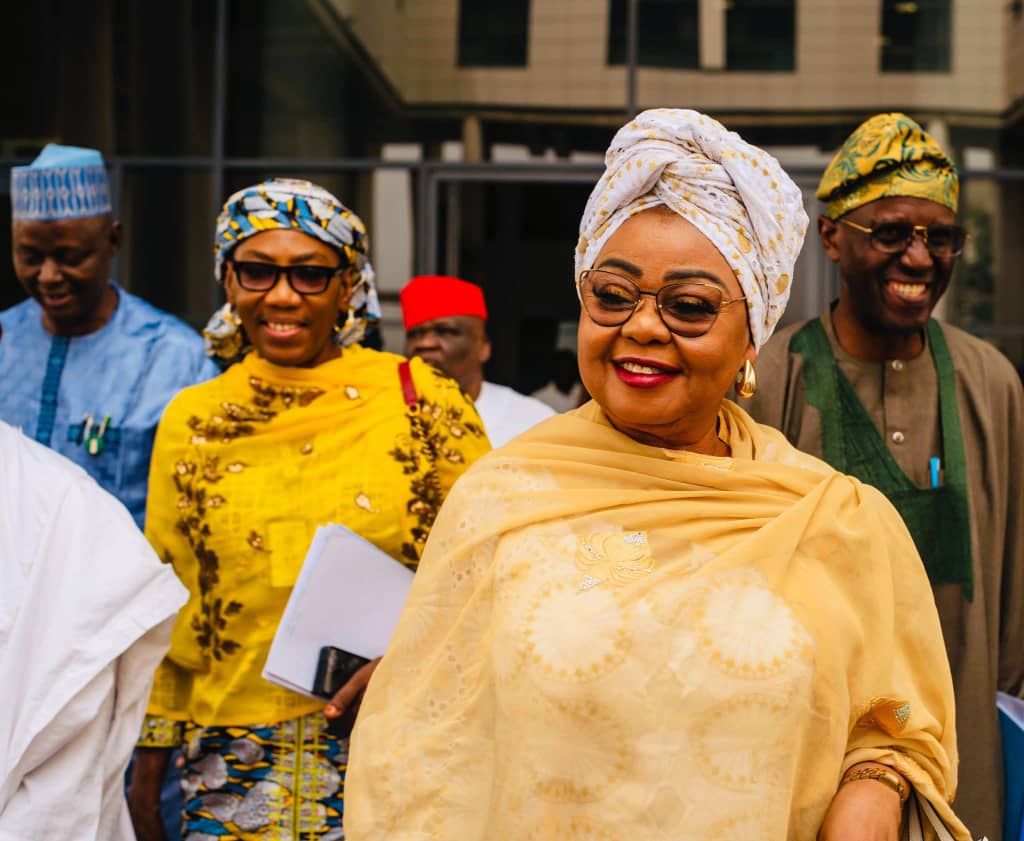
House Committee Seeks Stronger Financial Backing for Federal Character Commission
The Executive Chairman of the Federal Character Commission (FCC), Honorable Hulayat Motunrayo Omidiran, has reassured the commitment of her new leadership to reposition the Commission and strengthen enforcement of the federal character principle, despite prevailing funding challenges.
Hon. Omidiran made this known during the Commission’s budget defence before the House of Representatives Committee on Federal Character at the National Assembly on Friday, February 19, 2026.
The Executive Chairman opened up on inadequate funding has continued to constrain the Commission’s statutory activities, including nationwide monitoring, compliance audits and enforcement measures across Ministries, Departments and Agencies (MDAs).
“We are focused and determined to do the work that the Constitution and the President have entrusted us with,” Omidiran stated.
The FCC Boss, however, assured lawmakers that the Commission remains resolute in ensuring equity, fairness and balanced representation in line with its constitutional mandate.
“As a Commission, it is our responsibility to engage with relevant government parastatals and ministries to secure the necessary funding we require. We believe that with consultation and collaboration, it will be a successful venture for the Commission.”
Earlier, the Chairman of the House Committee on Federal Character, RT. Hon. Ahmed Idris Wase, expressed deep concern over what he described as near-zero budgetary allocation to the Commission, stressing that such financial inadequacies severely undermine its operational effectiveness.
The Plateau State lawmaker assured the Commission of the Committee’s firm legislative backing in advocating for improved funding and strengthening the Commission’s capacity to fully exercise its constitutional mandate.
“We cannot reasonably expect the Federal Character Commission to enforce compliance across Ministries, Departments, and Agencies while grappling with insufficient funding,” Hon. Wase remarked.
“If we are genuinely committed to fairness, equity, and national cohesion, then we must be deliberate in adequately funding the institution established to safeguard these principles.
“As a Committee, we shall work closely with the leadership of the Commission to ensure that its budgetary provisions reflect the magnitude of its mandate. The era of skeletal or token funding must give way to realistic and sustainable financial support,” he concluded.
The budget defence session concluded on a note of renewed collaboration between the House of Representatives and the Commission, reflecting a shared determination to strengthen institutional capacity, enhance accountability, and promote equitable representation within Nigeria’s public service.
SIGNED:
Ademola Lawrence
Spokesperson,
Federal Character Commission
February 20, 2026
society
APC Ethiope West Congress Turns Violent: Ibori’s Daughter Escapes Assassination Attempt; Scores Injured
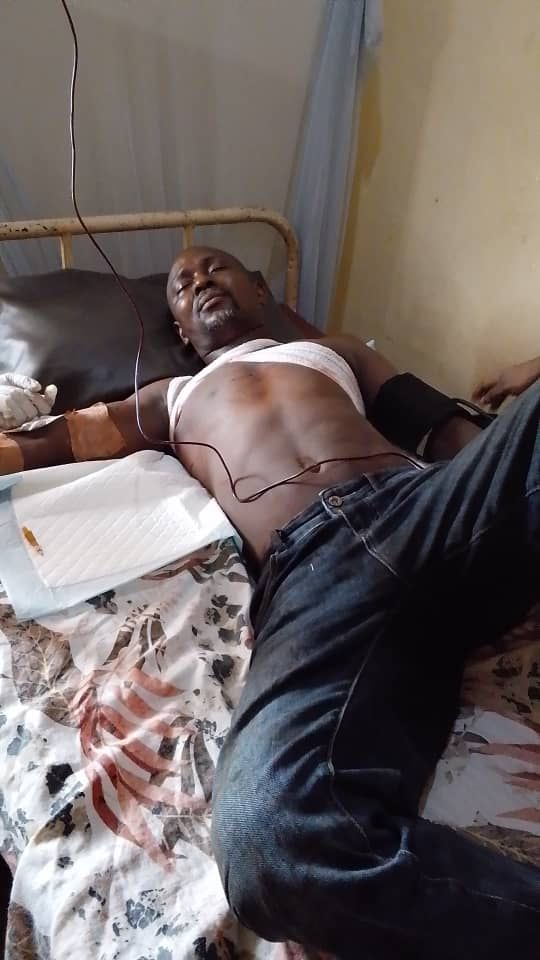
*APC Ethiope West Congress Turns Violent: Ibori’s Daughter Escapes Assassination Attempt; Scores Injured
The APC Ethiope West Local Government Area Congress took a terrible turn today as scores were attacked by gun-wielding thugs allegedly hired by old PDP members that moved to APC. The congress was relocated from its original venue the Oghara Township Stadium to a new venue,Ovade, in the LGA seemingly to disenfranchise original APC members.
Violence erupted when the Member representing Ethiope Federal Constituency Rt Hon Erhiatake Ibori-Suenu daughter of the the former Governor of Delta H.E Chief James Onanefe Ibori arrived at the new venue in Ovade. Apart from clear threats to her life by thugs sponsored by the Governor of Delta State, Rt Sheriff Oborevwori and former Rep member Hon Ben Igbakpa. Her supporters were attacked with dangerous weapons, as she was denied entrance to the venue. There were several attempts on her life which were foiled by her security details. There had been intels that she would have been shot if she had stepped foots on the venue this is terrible at a time when there had been hopes of peace coming into the party with the recent meeting at Asaba , however this recent happening shows peace is still far away .
Hon Erhiatake Ibori-Suenu has appealed for calm among APC supporters and old members amidst the unprovoked attack. Several injured individuals are receiving treatment at undisclosed hospitals.
There are still reports of targeted attacks on on members of the Old APC , calls have been made to security operatives to avert such attempts.
-

 celebrity radar - gossips6 months ago
celebrity radar - gossips6 months agoWhy Babangida’s Hilltop Home Became Nigeria’s Political “Mecca”
-

 society6 months ago
society6 months agoPower is a Loan, Not a Possession: The Sacred Duty of Planting People
-

 society5 months ago
society5 months agoReligion: Africa’s Oldest Weapon of Enslavement and the Forgotten Truth
-

 news6 months ago
news6 months agoTHE APPOINTMENT OF WASIU AYINDE BY THE FEDERAL GOVERNMENT AS AN AMBASSADOR SOUNDS EMBARRASSING




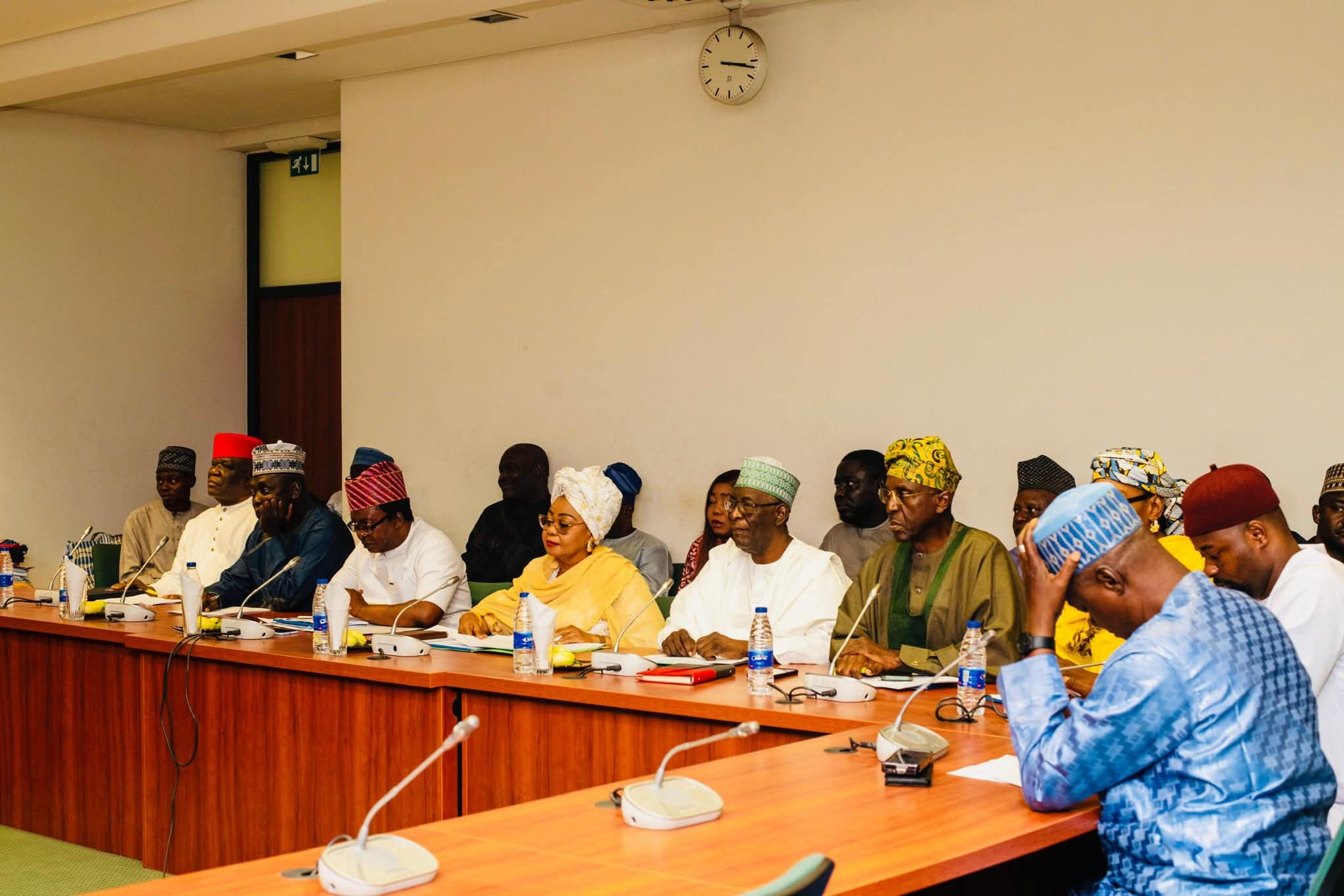

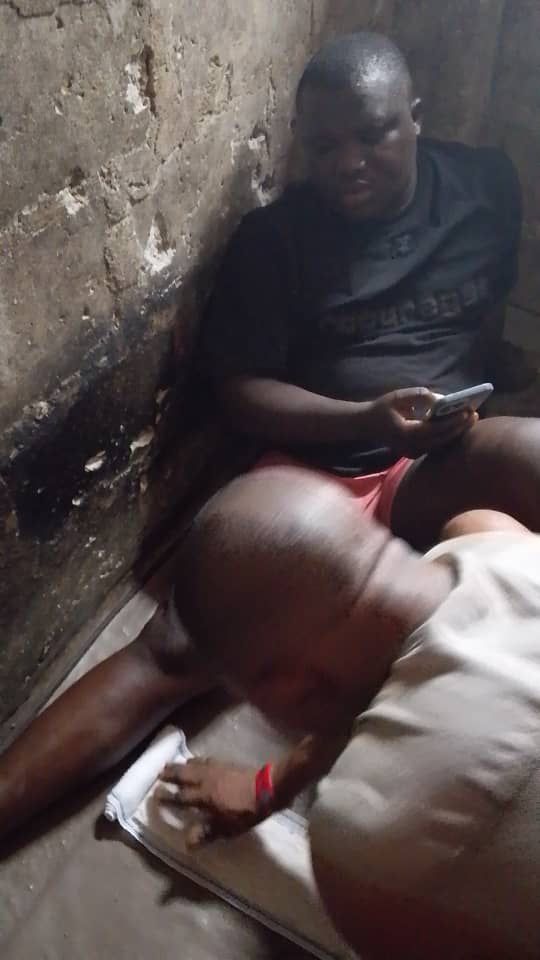

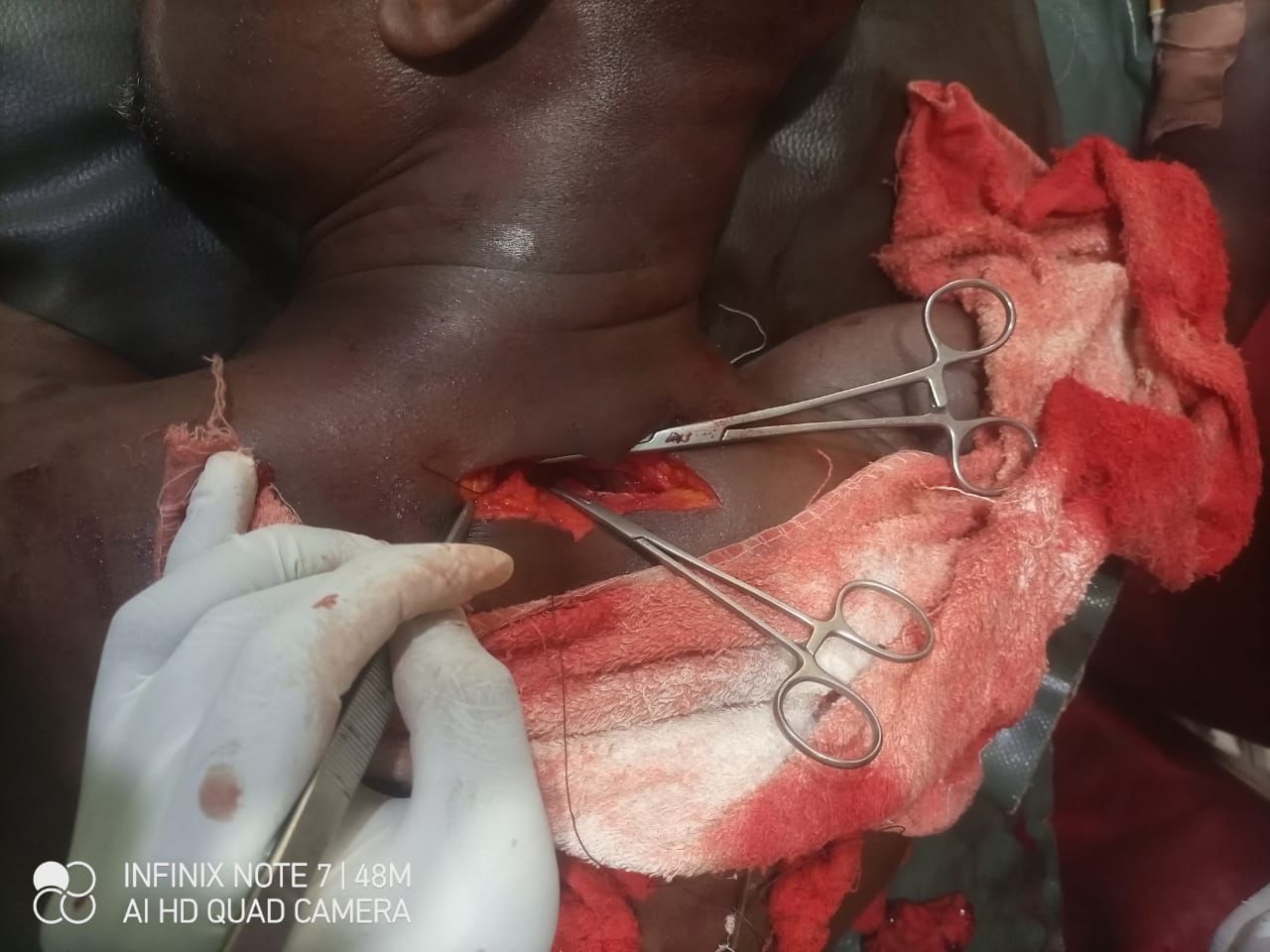
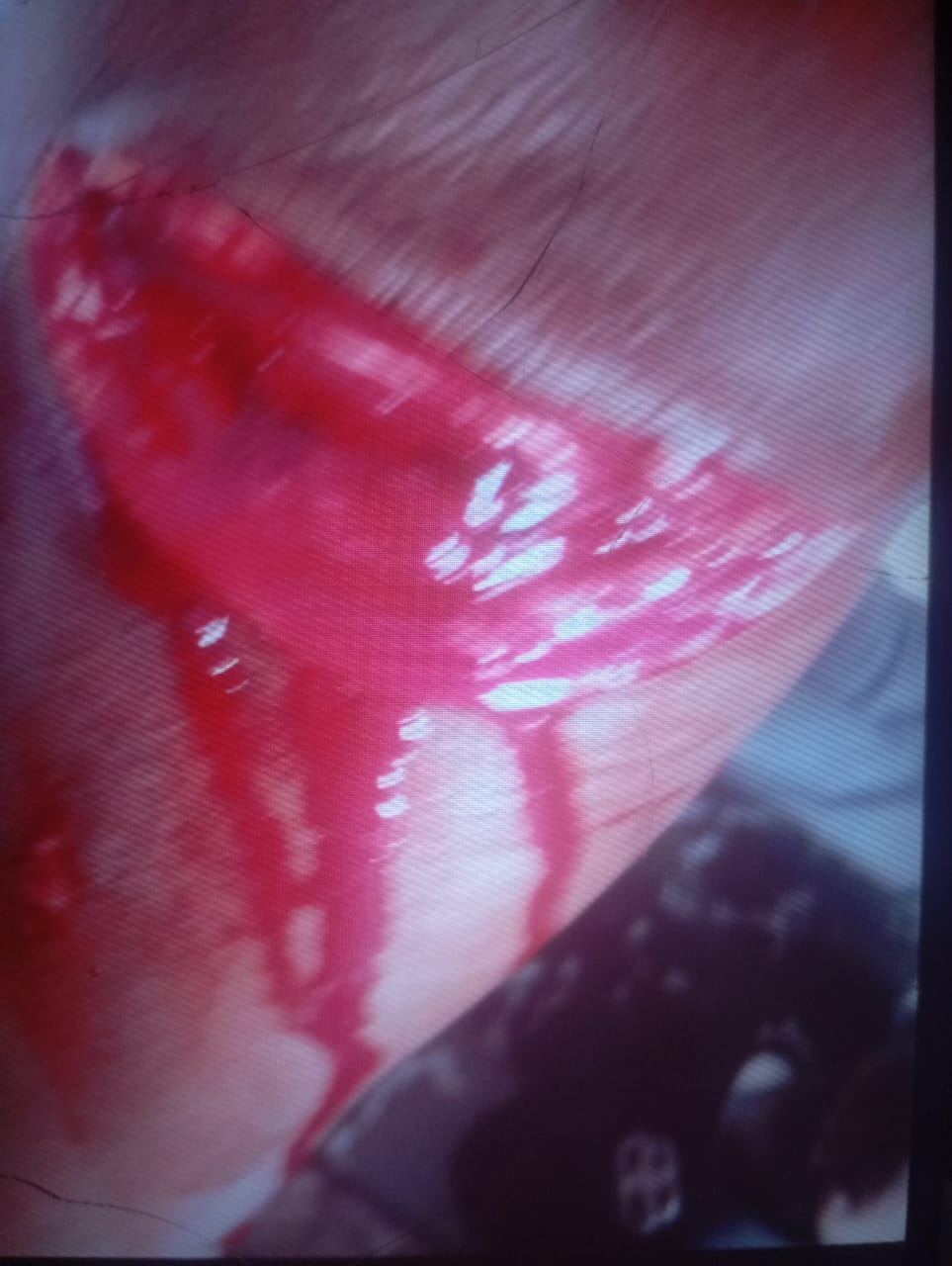
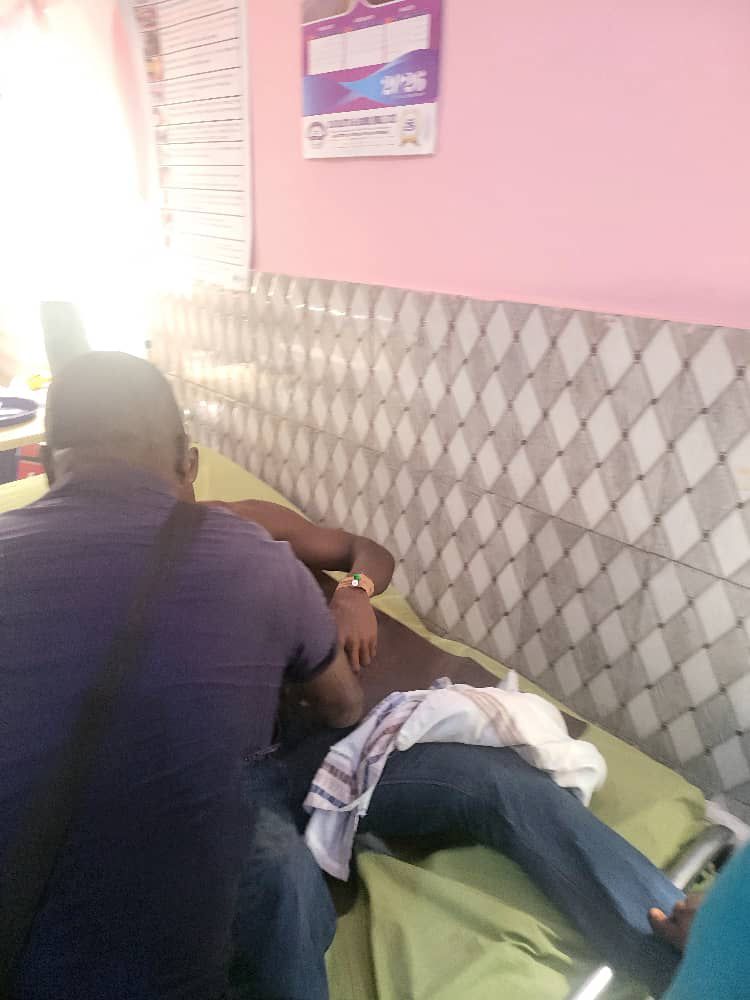
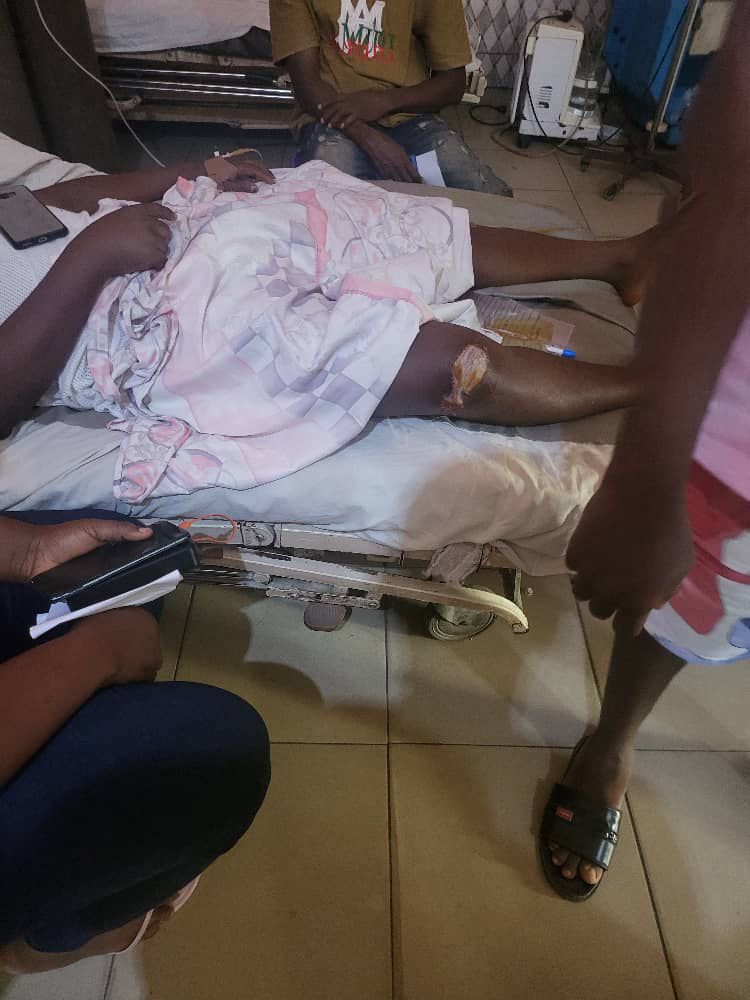

You must be logged in to post a comment Login